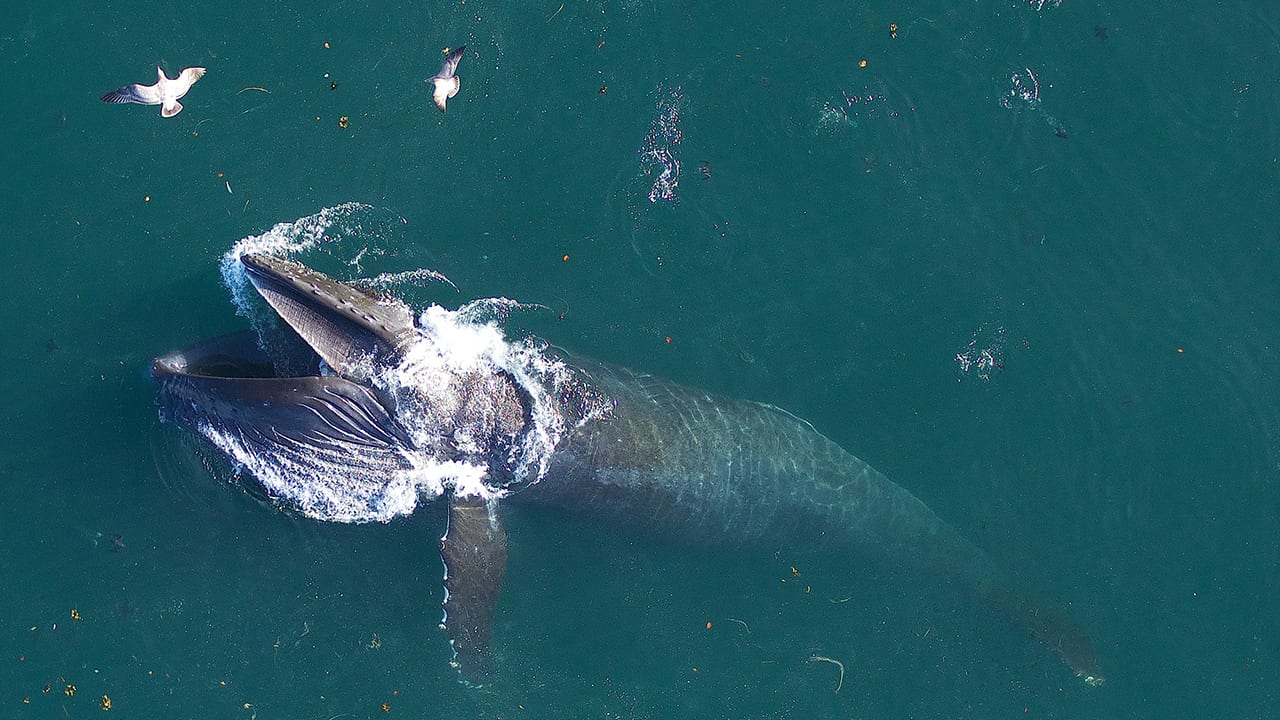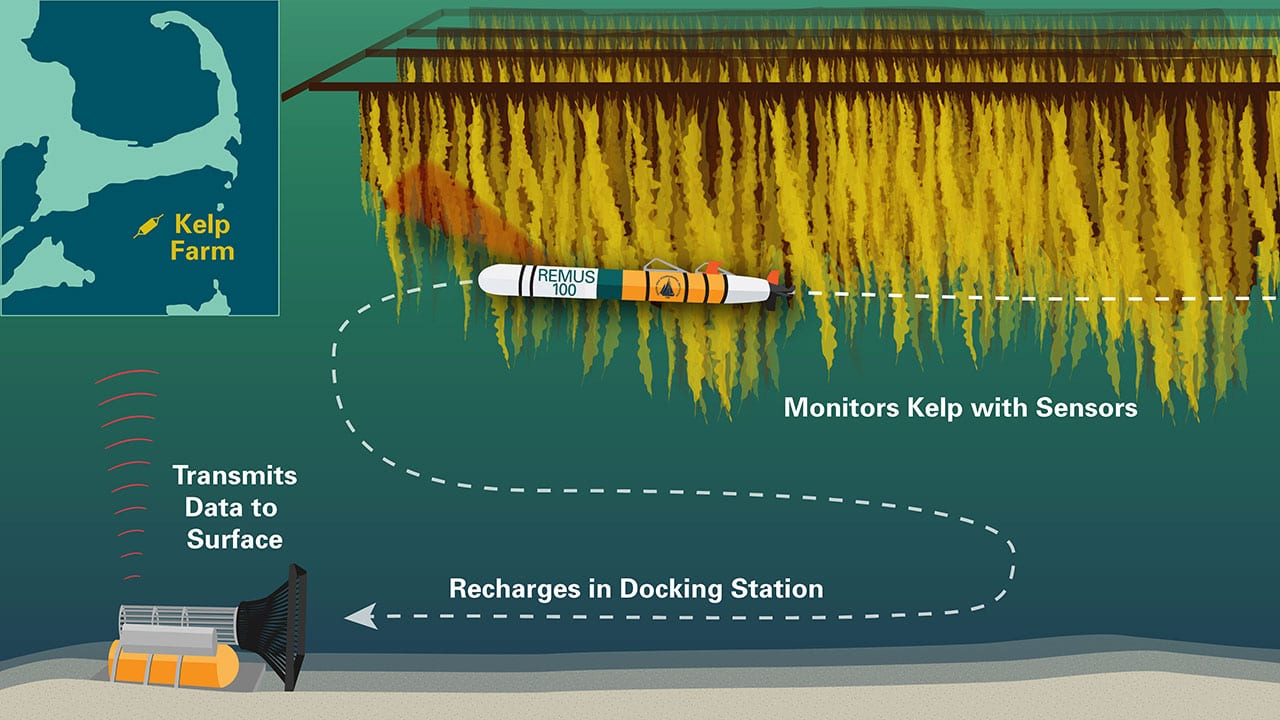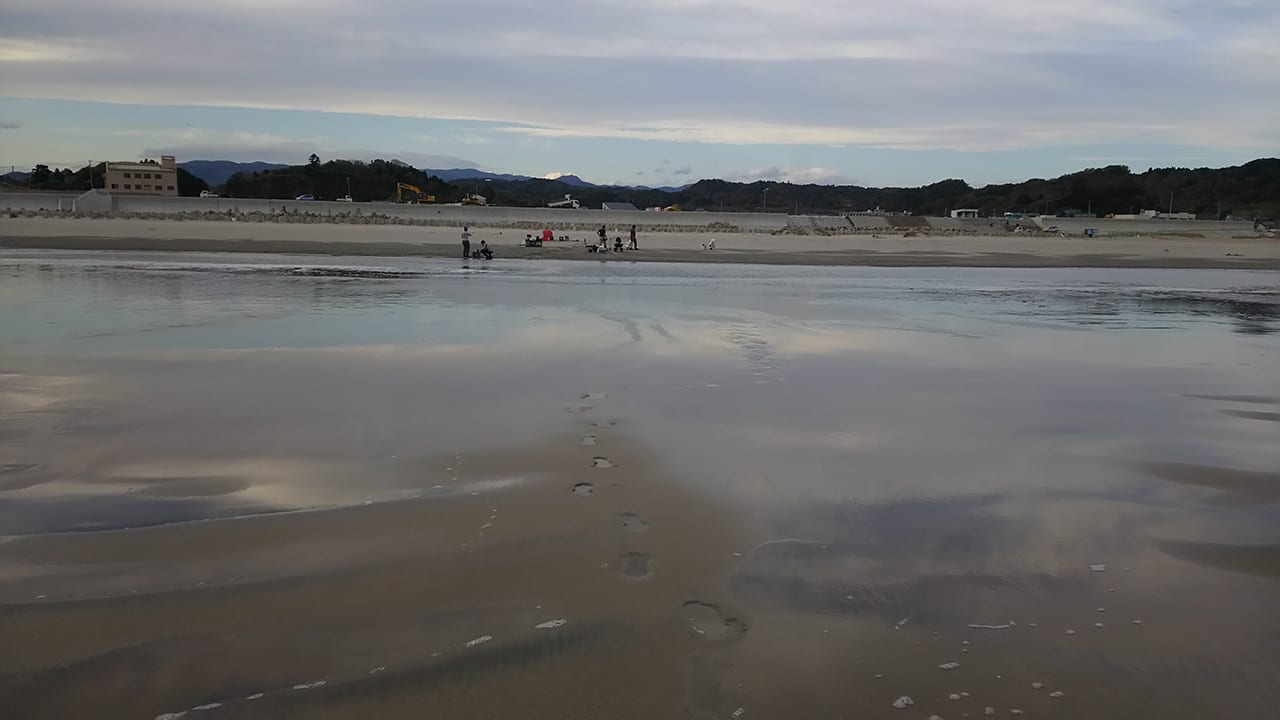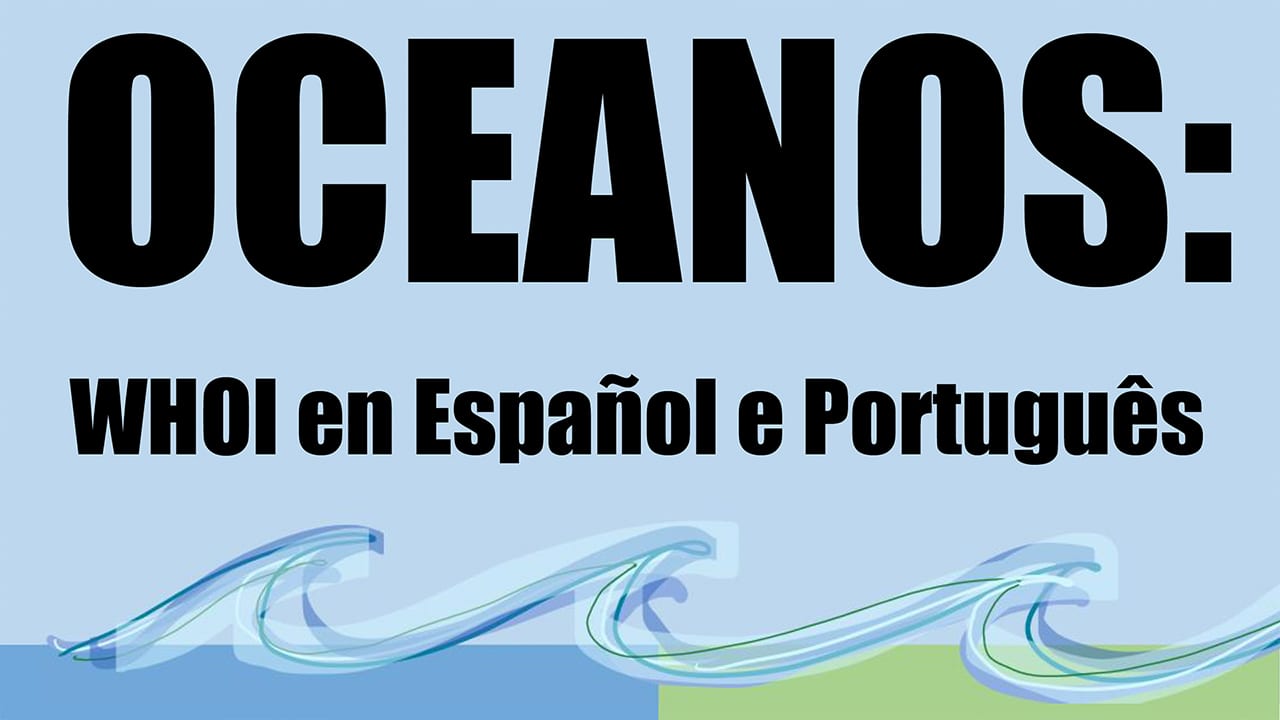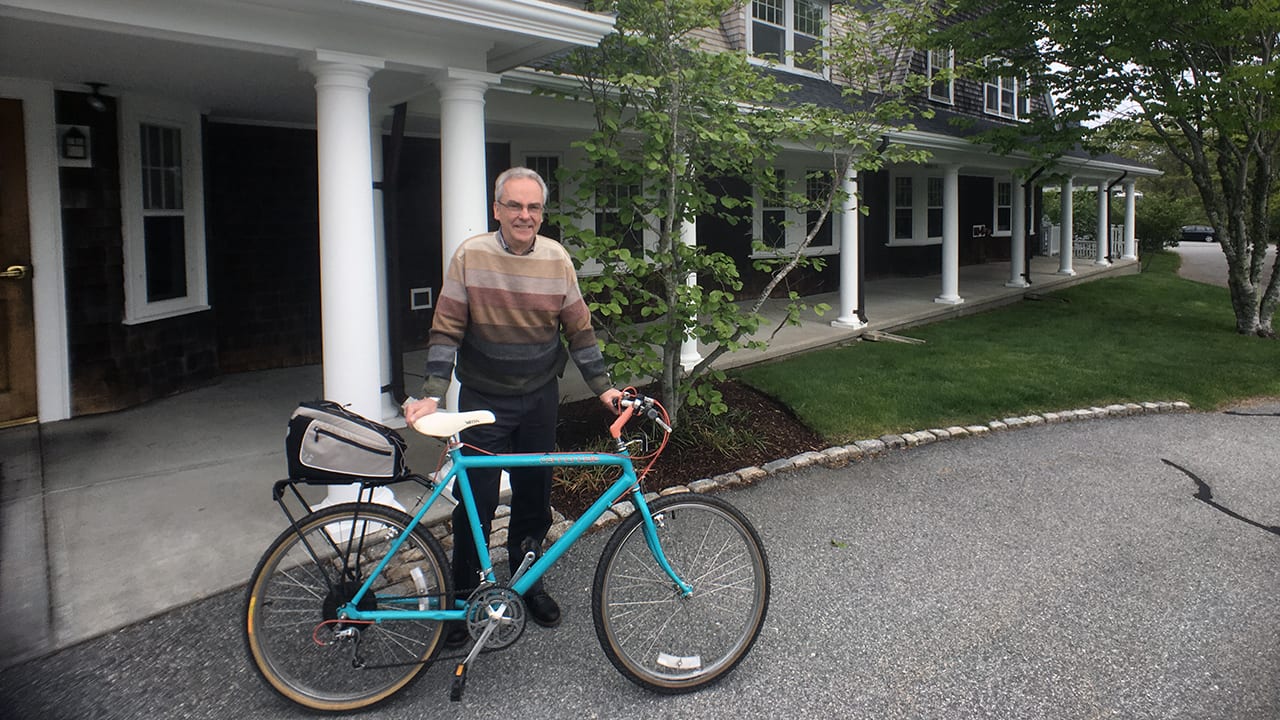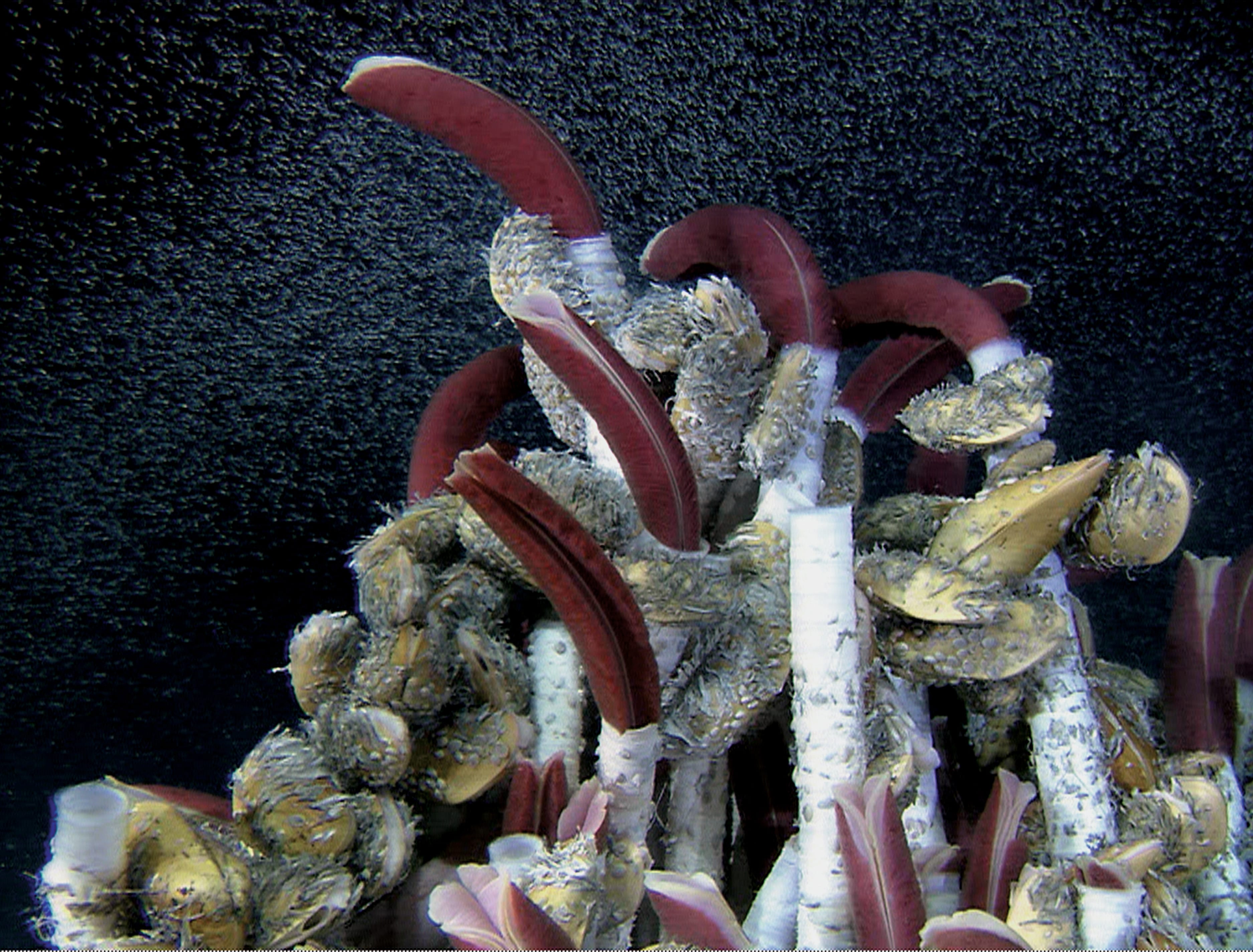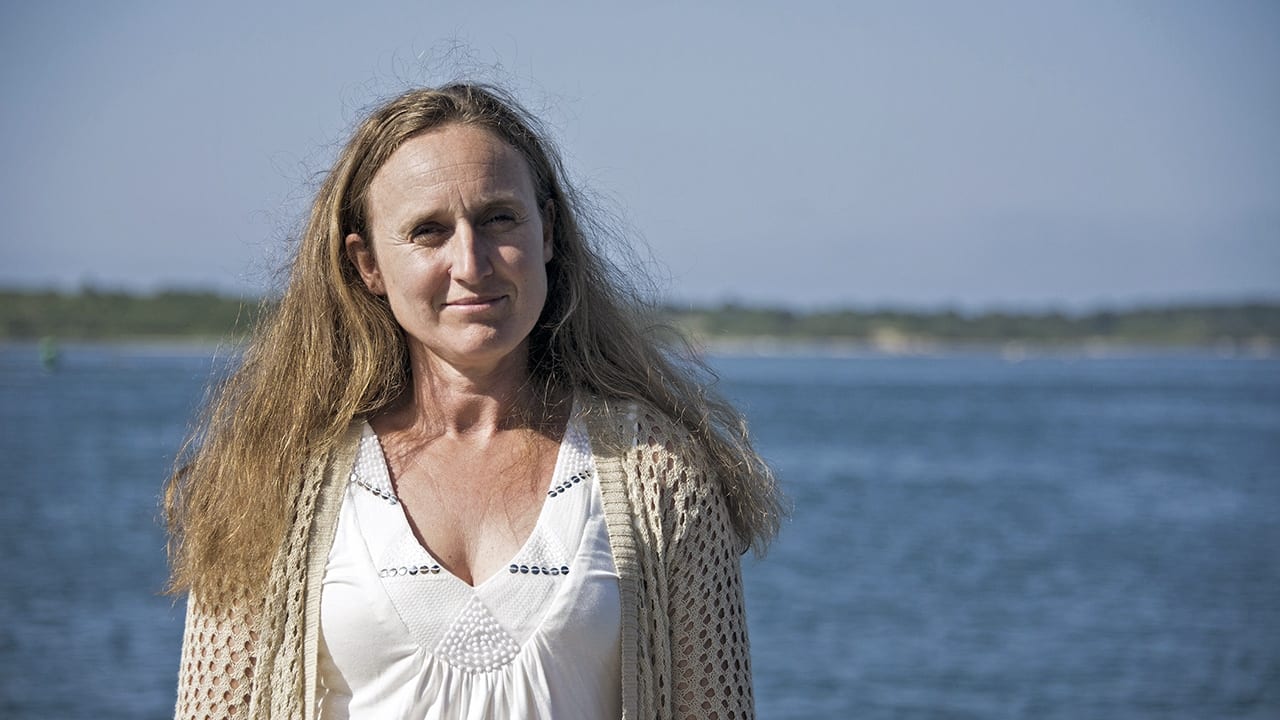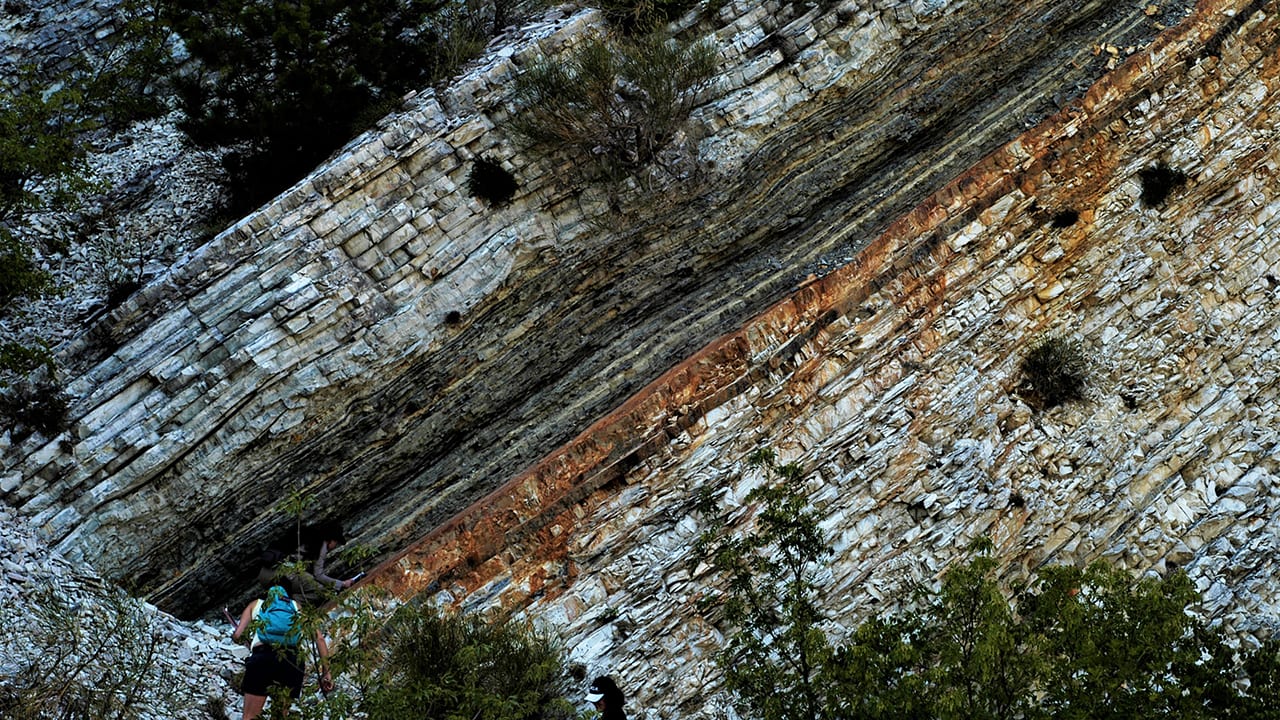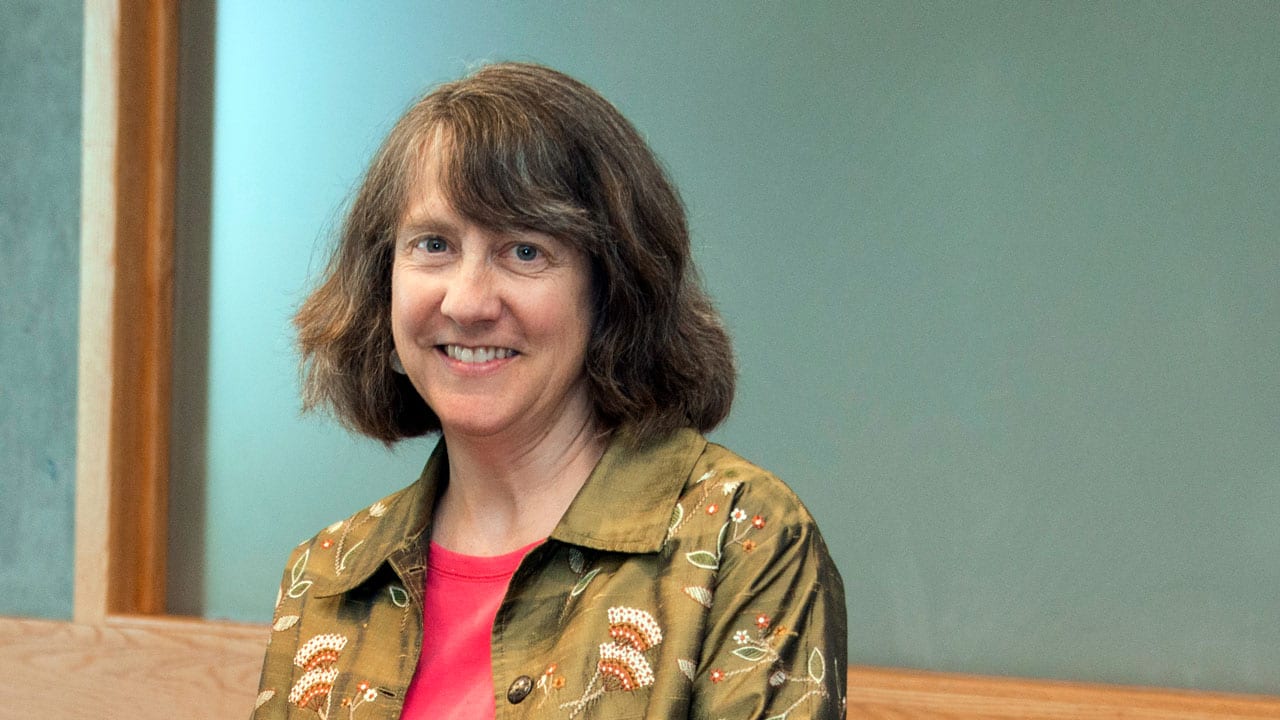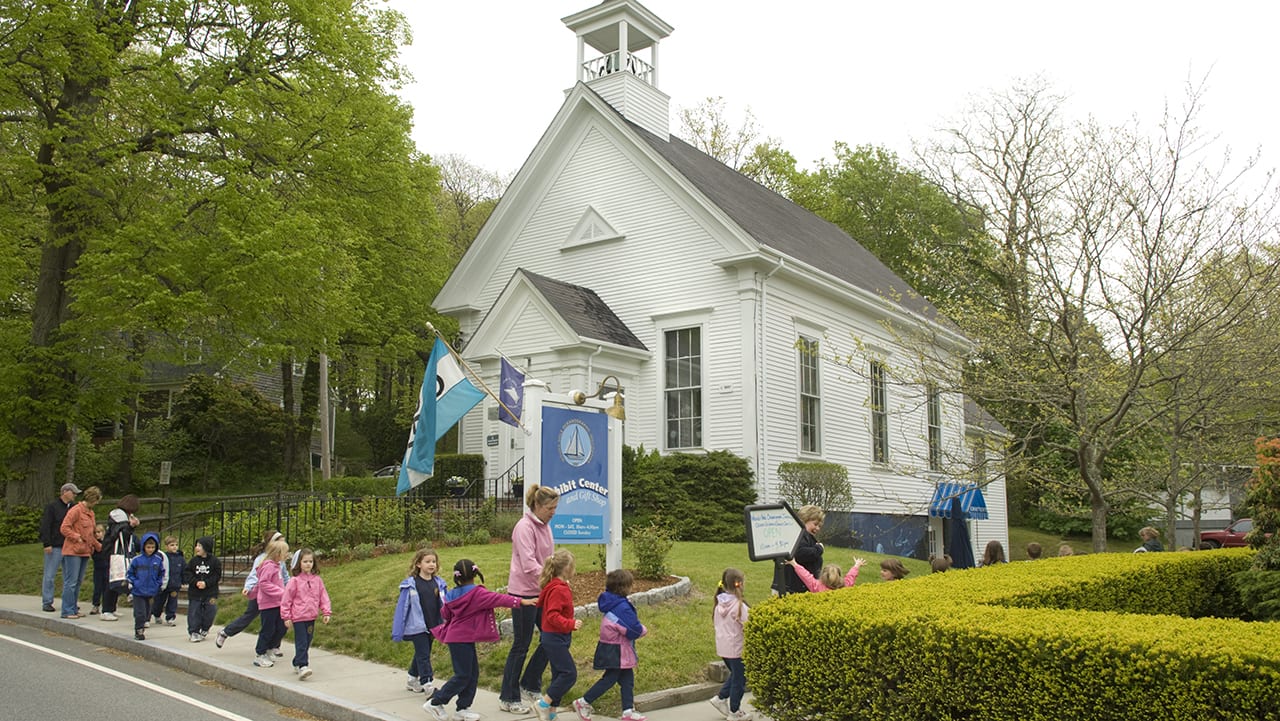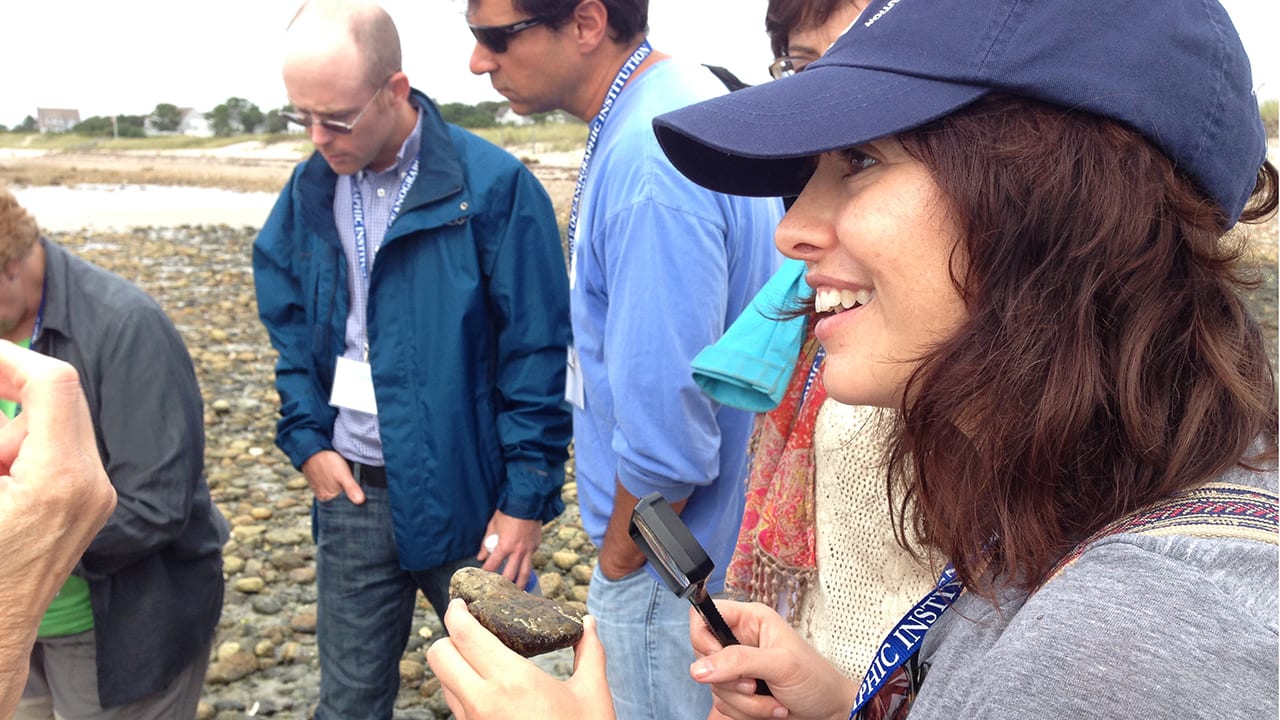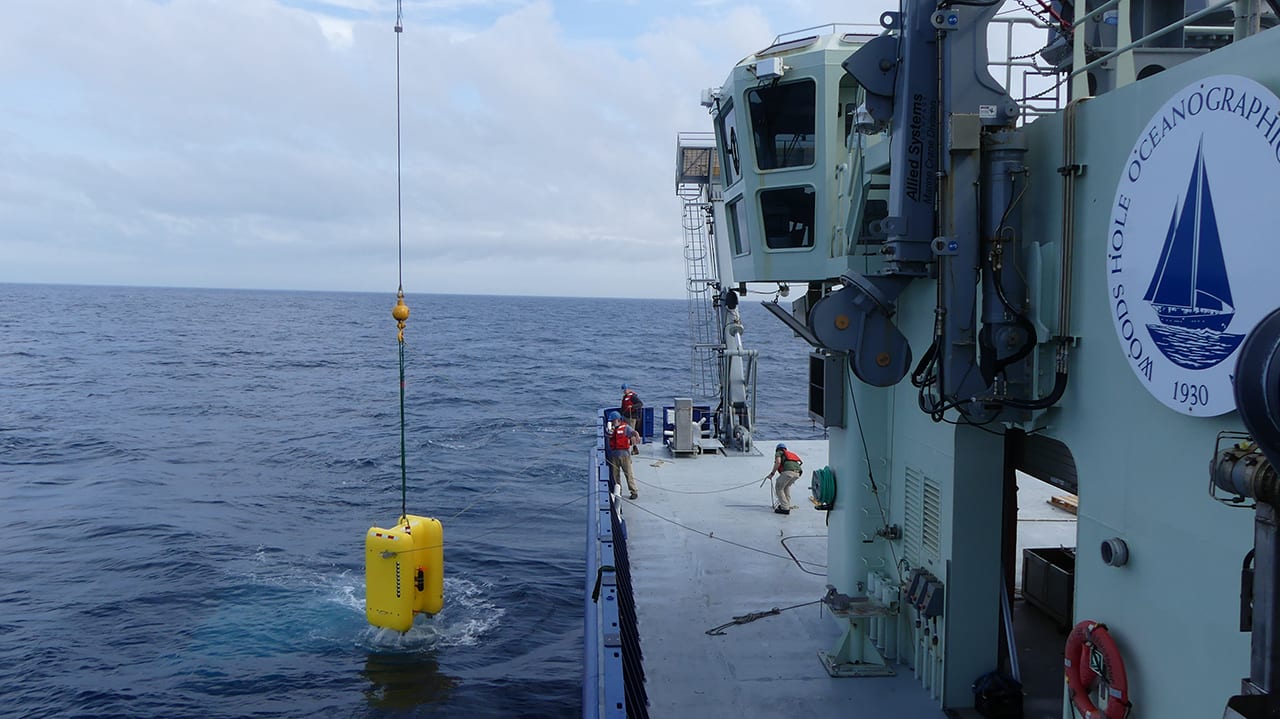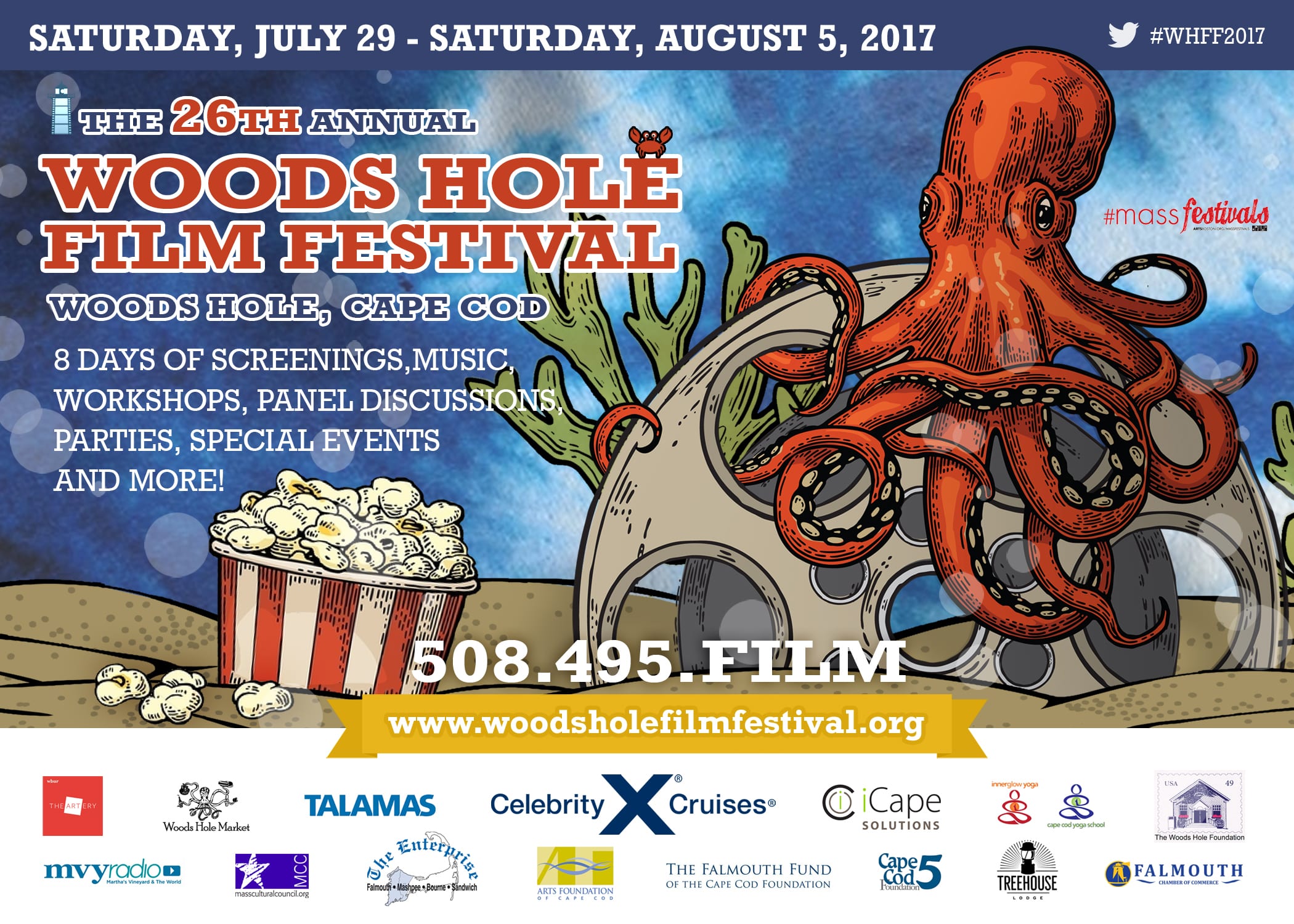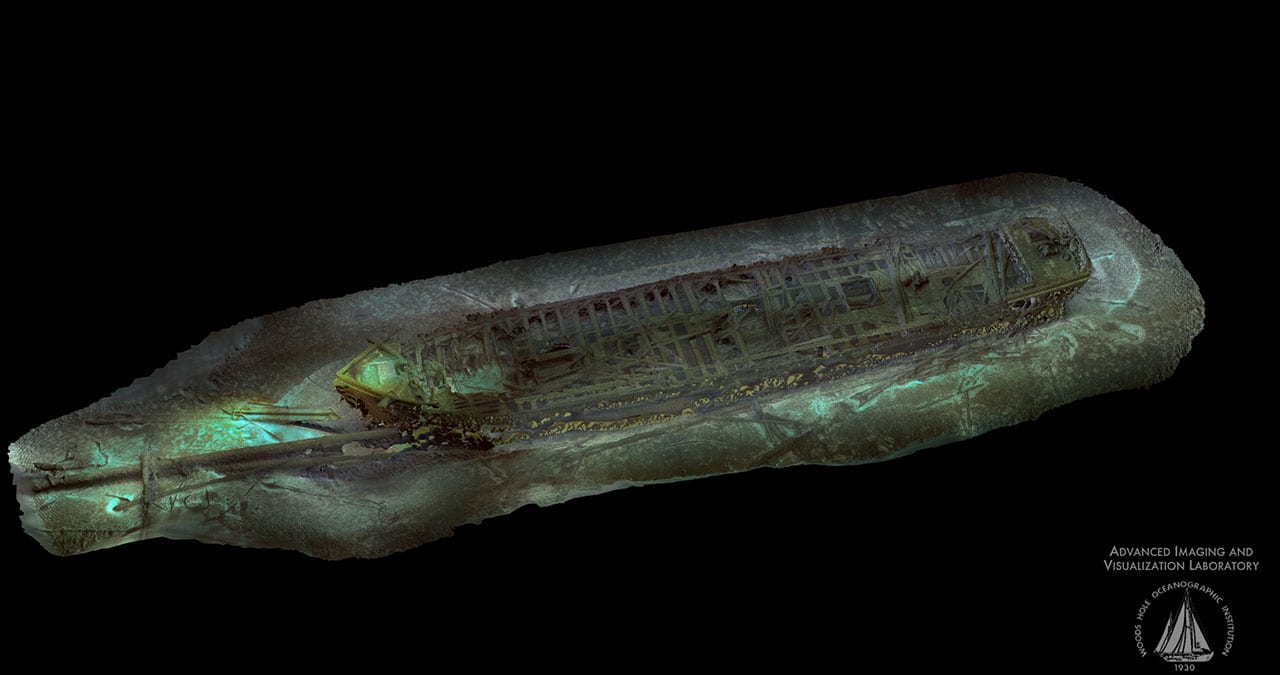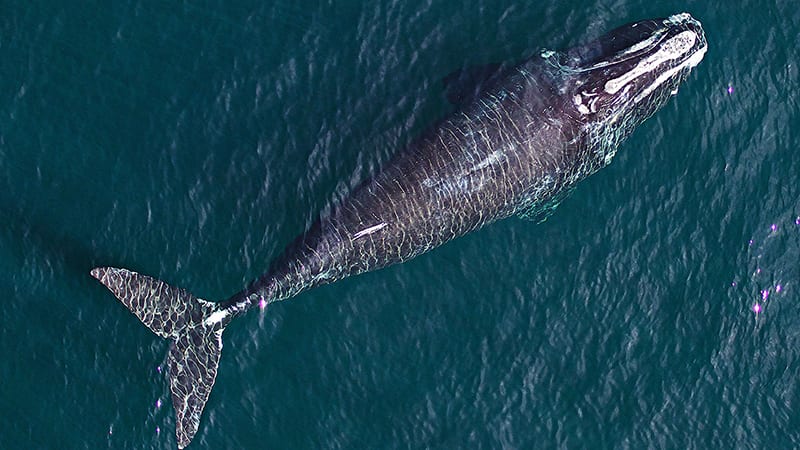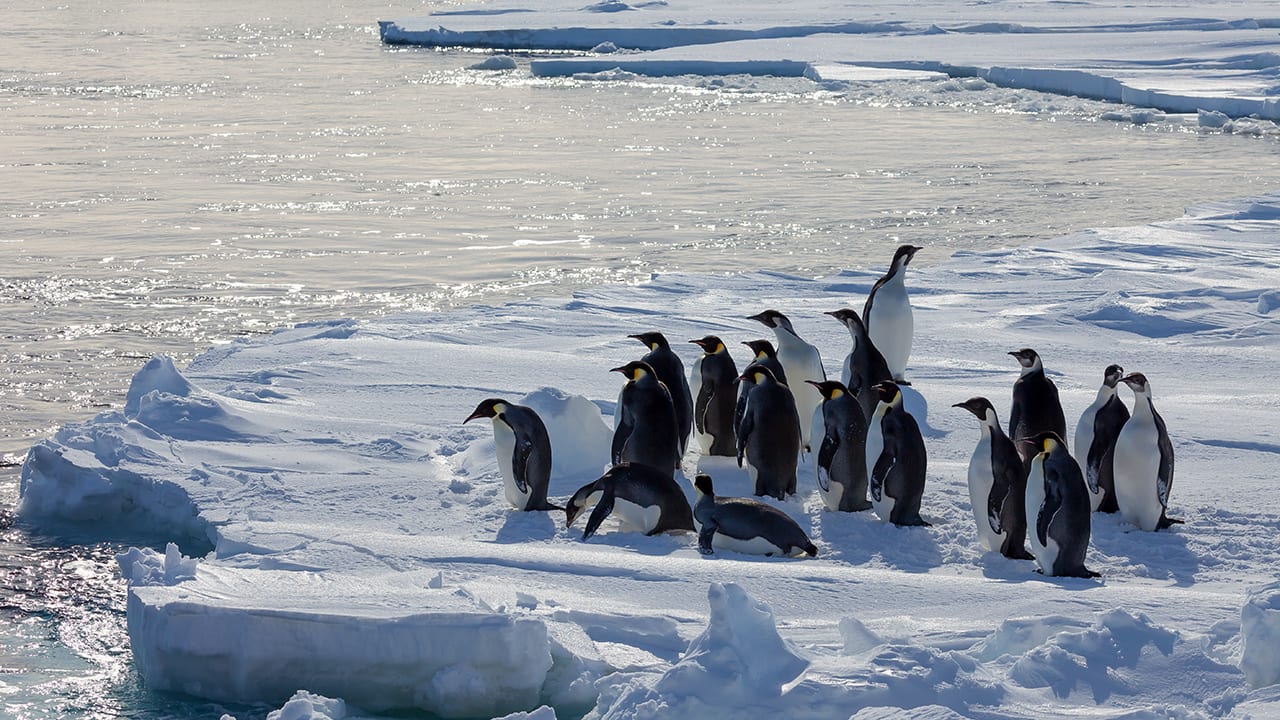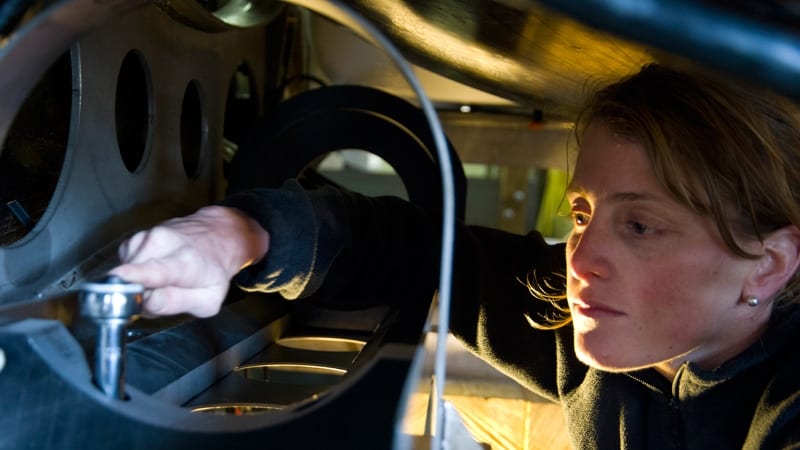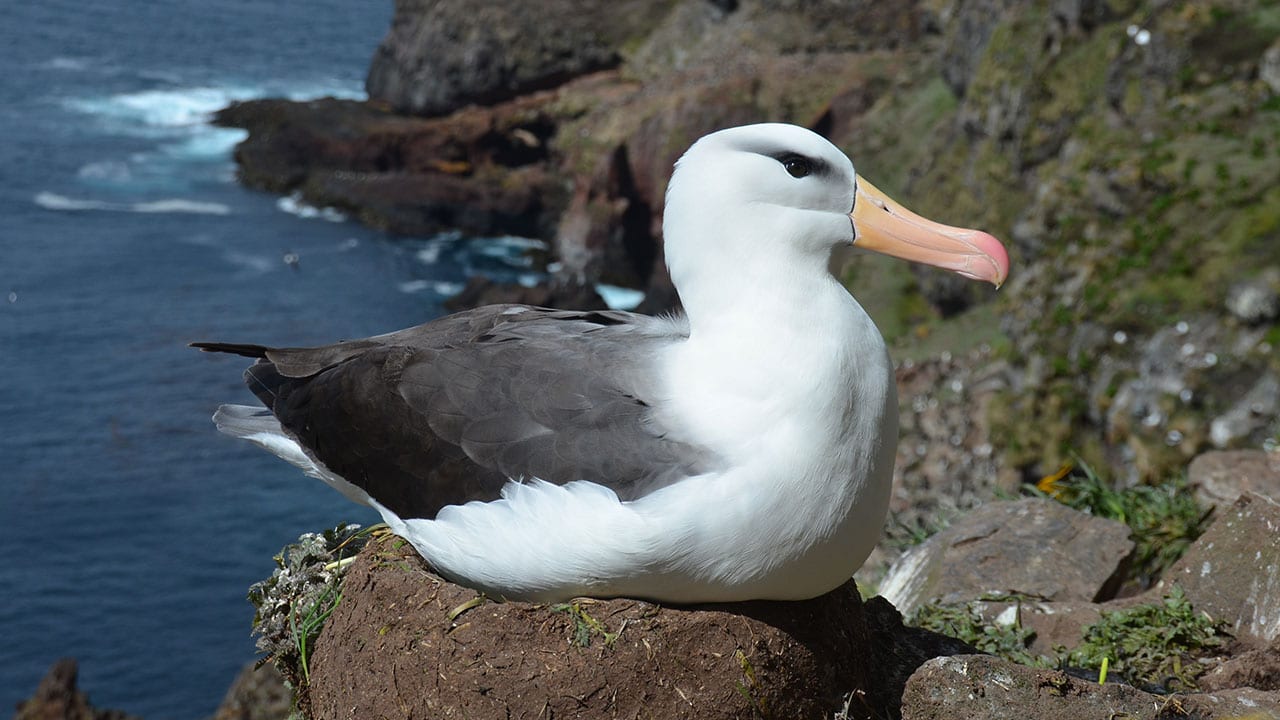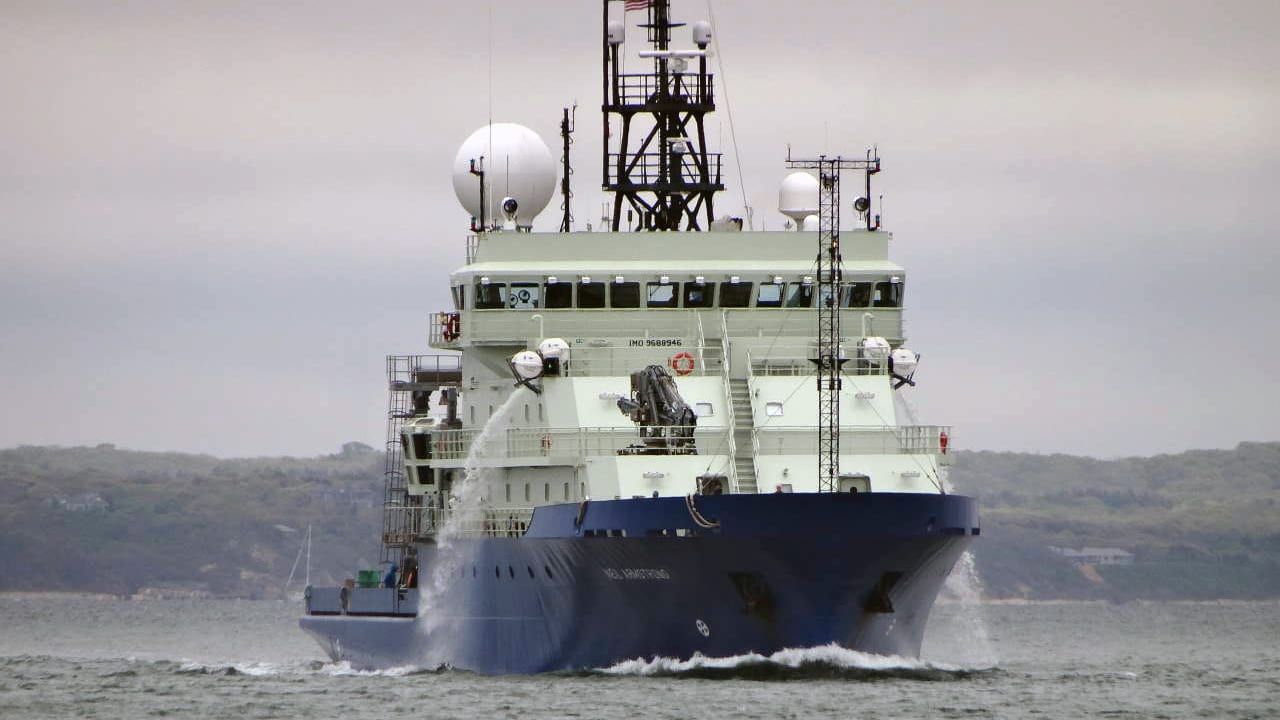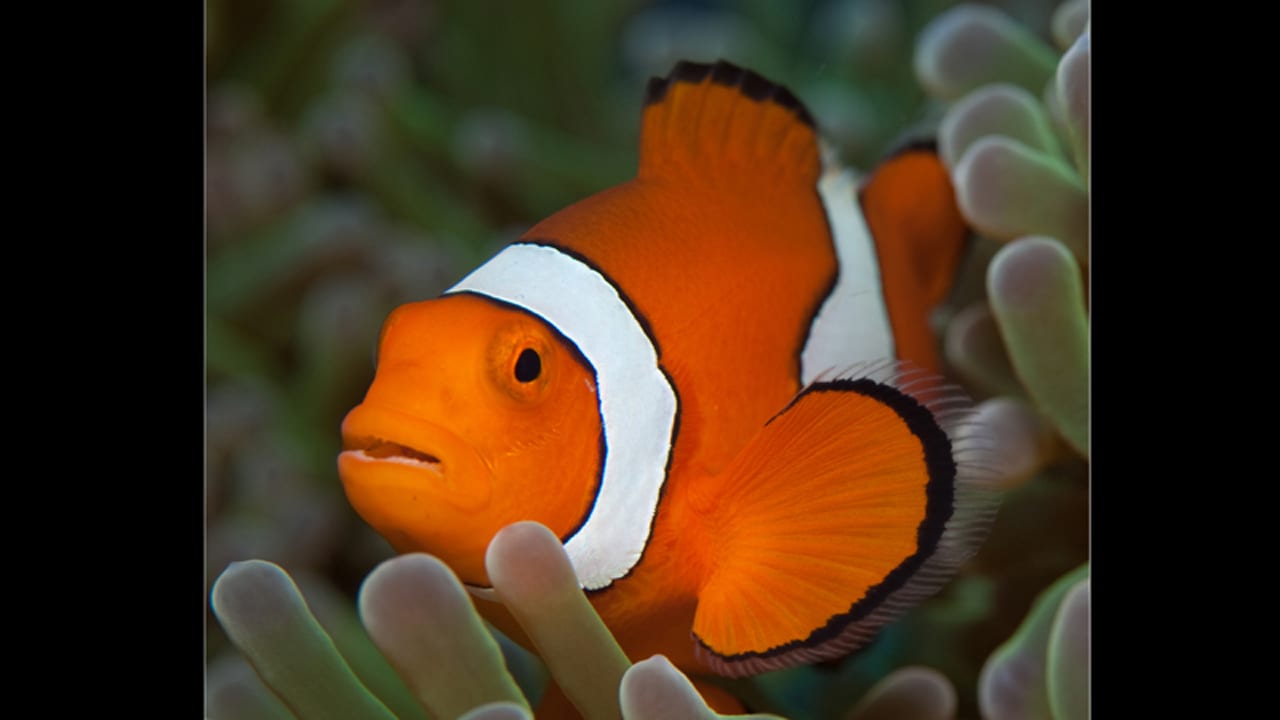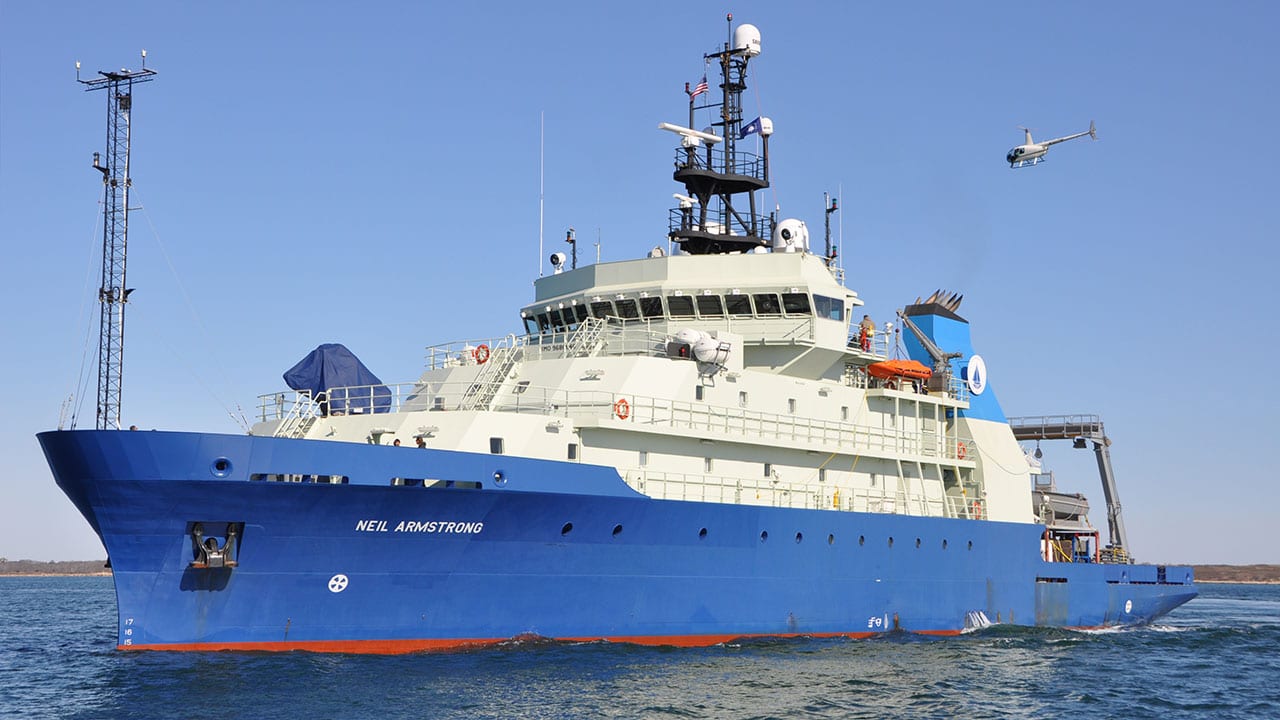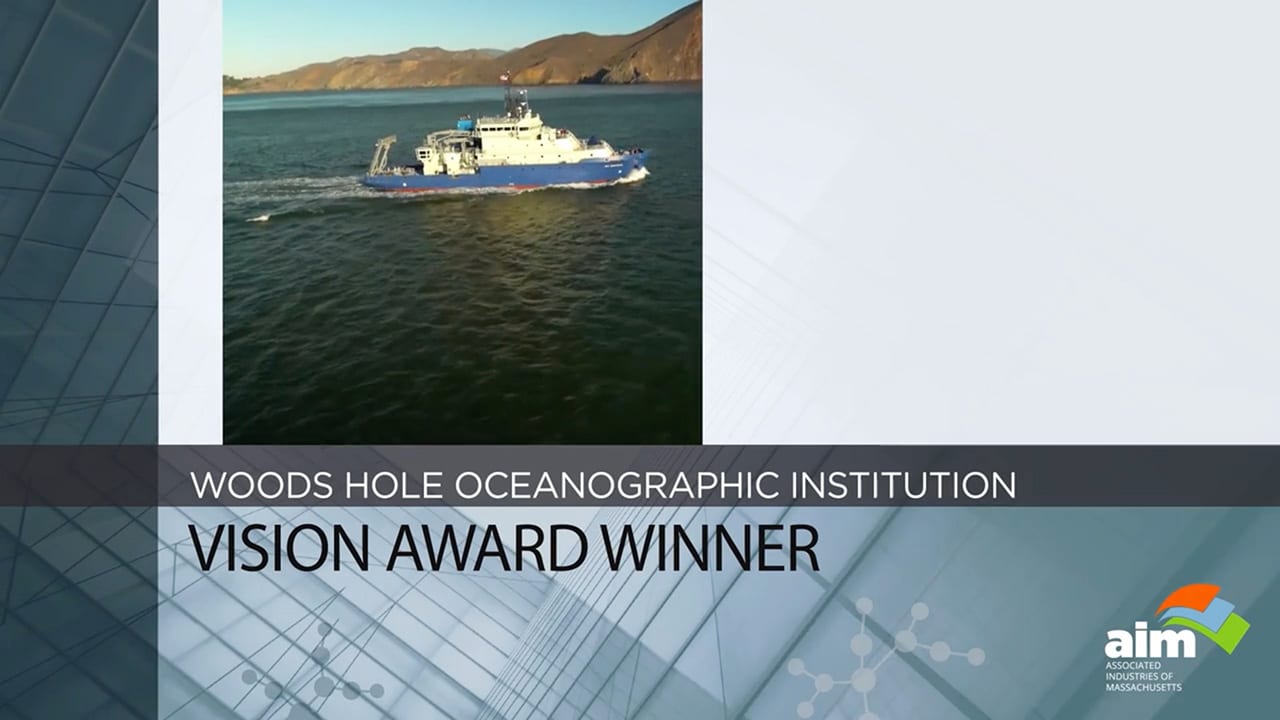News Releases
Study Identifies Whale Blow Microbiome
A new study by the Woods Hole Oceanographic Institution (WHOI) and colleagues identified for the first time an extensive conserved group of bacteria within healthy humpback whales’ blow’the moist breath that whales spray out of their blowholes when they exhale.
Read MoreFueling the Future
WHOI was awarded $5.7 million from ARPA-E’s Macroalgae Research Inspiring Novel Energy Resources (MARINER) Program for two projects that develop tools and technology to advance the mass production of seaweed for biofuels and bio-based chemicals.
Read MoreScientists Find New Source of Radioactivity from Fukushima Disaster
Scientists have found a previously unsuspected place where radioactive material from the Fukushima Dai-ichi nuclear power plant disaster has accumulated’in sands and brackish groundwater beneath beaches up to 60 miles away. The sands took up and retained radioactive cesium originating from the disaster in 2011 and have been slowly releasing it back to the ocean.
Read MoreWHOI Hosts Bilingual Science Symposium
The organizers of a new event at Woods Hole Oceanographic Institution (WHOI) want to make ocean science more accessible to people who are not native English speakers by reaching out to two of the largest non-English-speaking communities on Cape Cod: those that speak Spanish or Portuguese. The symposium will feature short presentations in either language about marine research by students and scientists from WHOI and other science institutions in Woods Hole, Mass. The event is free and open to the public, and pre-registration is recommended.
Read MoreDispersants Improved Air Quality for Responders at Deepwater Horizon
A study published Aug. 28, 2017, in the Proceedings of the National Academy of Sciences adds a new dimension to the controversial decision to inject large amounts of chemical dispersants immediately above the crippled oil well at the seafloor during the Deepwater Horizon disaster in 2010. The dispersants may have significantly reduced the amount of harmful gases in the air at the sea surface’diminishing health risks for emergency responders and allowing them to keep working to stop the uncontrolled spill and clean up the spilled oil sooner.
Read MoreWHOI Selected for Bicycle Friendly Business Award
The League of American Bicyclists recognized the Woods Hole Oceanographic Institution (WHOI) with a Silver Bicycle Friendly Business award, which acknowledges efforts by the Institution that promote cycling to help ease traffic congestion, reduce greenhouse gas and pollution emissions, and encourage a healthy lifestyle among its employees.
Read MoreWHOI Hosts Public Event Celebrating the 40th Anniversary of the Discovery of Deep-Sea Hot Springs
The discovery of lush communities of deep-sea life at thermal springs on the seafloor in 1977 forever changed our perception of where and how life could exist on Earth. Diving…
Read MoreWHOI Scientist Selected 2017 Recipient of Walter Munk Award
The Oceanography Society proudly announces that Dr. Andone C. Lavery has been selected as the 2017 recipient the Walter Munk Award for Distinguished Research in Oceanography Related to Sound and the Sea. Dr. Lavery is an Associate Scientist with Tenure in the Department of Applied Ocean Physics & Engineering at the Woods Hole Oceanographic Institution.
Read MoreNew Technique Offers Clues to Measure Ocean Deoxygenation
The living, breathing ocean may be slowly starting to suffocate. More than two percent of the ocean – s oxygen content has been depleted during the last half century, according to reports, and marine – dead zones – continue to expand throughout the global ocean. This deoxygenation, triggered mainly by more fertilizers and wastewater flowing into the ocean, pose a serious threat to marine life and ecosystems.
Read MoreMargaret Tivey to Become New Vice President and Dean of Academic Programs at WHOI
Dr. Margaret K. (Meg) Tivey has been selected as the next Vice President and Dean for Academic Programs at Woods Hole Oceanographic Institution (WHOI). Tivey will oversee all academic programs at WHOI, which include the MIT/WHOI Joint Program (JP) in Oceanography/Applied Ocean Science & Engineering for graduate students, postdoctoral and undergraduate programs, and the graduate-level Geophysical Fluid Dynamics Program. Tivey has served since August 2010 as Associate Dean of Academic Programs and will transition to dean on Nov. 1, 2017.
Read MoreWHOI Ocean Science Exhibit Center Extends August Hours
The Woods Hole Oceanographic Institution (WHOI) Ocean Science Exhibit Center is extending its hours to include Sundays during the month of August. “We’re pleased to be able to increase our…
Read MoreWHOI Announces 2017 Ocean Science Journalism Fellows
Eight writers, radio, and multimedia science journalists from the U.S., Canada, England, and India have been selected to participate in the competitive Woods Hole Oceanographic Institution (WHOI) Ocean Science Journalism Fellowship program. The program takes place September 10-15, 2017, in Woods Hole, Mass., on Cape Cod.
Read MoreNew Robot Speeds Sampling of Ocean’s Biogeochemistry and Health
The world’s first underwater vehicle designed specifically to collect both biological and chemical samples from the ocean water column successfully completed sea trials off the coast of New England on July 9, 2017. The new autonomous underwater vehicle (AUV), named Clio, will help scientists better understand the inner workings of the ocean.
Read MoreWHOI Researchers to Participate in Science and Film Panels at the Woods Hole Film Festival
In an era of rapid scientific and technological innovation, finding new and engaging ways to bring science to mainstream audiences is a necessity. This summer, the Wood Hole Oceanographic Institution…
Read MoreExhibit at WHOI Ocean Science Exhibit Center Features Photographs by Daniel Casado
Environmental photographer Daniel Casado’s exhibit, “Infamia“, displays haunting images of life and death in Chiloe, an island off the coast of Chile—from majestic blue whales to the devastating impacts on…
Read MoreRe-envisioning Underwater Imaging
The Advanced Imaging and Visualization Laboratory (AIVL) at the Woods Hole Oceanographic Institution (WHOI) working with Marine Imaging Technologies has developed a revolutionary new multi-function, underwater imaging system capable of generating ultra-high definition television (UHDTV) video, 2-D mosaic imaging, and 3-D optical models of seafloor objects and environments. The new state-of-the-art technology is currently being field-tested on several submerged shipwreck sites in both the U.S. and Europe.
Read MoreSix Right Whales Die In Canadian Waters In Less Than Three Weeks
Over the past three weeks, six critically endangered North Atlantic right whales have died in Canadian waters. With only about 500 of these massive plankton feeders still alive, these deaths…
Read MoreFinding New Homes Won’t Help Emperor Penguins Cope with Climate Change
Unlike other species that migrate successfully to escape the wrath of climate change, a new study shows that dispersal may help sustain global Emperor penguin populations for a limited time, but, as sea ice conditions continue to deteriorate, the 54 colonies that exist today will face devastating declines by the end of this century.
Read MoreWHOI Research Engineer Selected for NASA Astronaut Program
Research Engineer Loral O’Hara was introduced today at Johnson Space Flight Center as a member of NASA’s most recent class of astronauts. O’Hara was one of just 12 to be selected from an applicant pool of more than 18,300 — the largest number NASA has ever received.
Read MoreMore Frequent Extreme Ocean Warming Could Further Endanger Albatross
As scientists grapple with the behavioral, ecological and evolutionary impacts of extreme climatic events, the journal Philosophical Transactions of the Royal Society B created a special June issue to explore what is known on the topic and pioneer new approaches to this challenging and rapidly expanding field of study. The issue, which was published online May 8, 2017, was co-edited by Wood Hole Oceanographic institution (WHOI) biologist Stephanie Jenouvrier.
Read MoreMedia Advisory: Research Vessel Neil Armstrong Participates in Fleet Week New York
What: The research vessel Neil Armstrong, owned by the U.S. Navy and operated by the Woods Hole Oceanographic Institution (WHOI), will participate in Fleet Week New York, May 24-26, 2017.…
Read MoreTravel Distances of Juvenile Fish Key to Better Conservation
WHOI scientists and their international colleagues conducted the largest, most comprehensive study of larval dispersal at coral reefs. Their findings have important implications for the sizing and spacing of marine reserves.
Read MoreWoods Hole Oceanographic Ship Neil Armstrong to Participate in Fleet Week New York
The research vessel Neil Armstrong will participate in Fleet Week New York, May 24-26, 2017, marking the first time in recent memory that an oceanographic research vessel will be included in the celebration.
Read MoreWoods Hole Oceanographic Institution Honored by Associated Industries of Massachusetts
Woods Hole Oceanographic Institution (WHOI) has ‘transformed Massachusetts’ by carving out a preeminent place in the field of ocean sciences, according to the Associated Industries of Massachusetts (AIM). A global leader in ocean science and a key driver of the economy on Cape Cod, WHOI will be presented with the Vision Award, AIM’s highest honor, at a ceremony in Boston on May 5.
Read More
